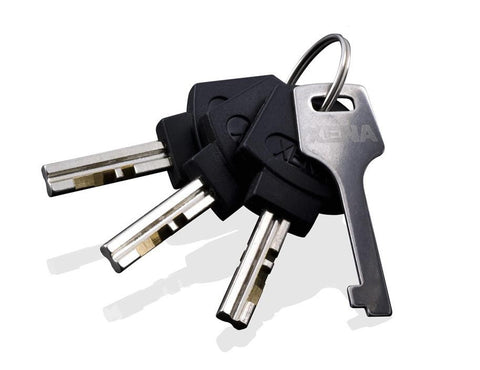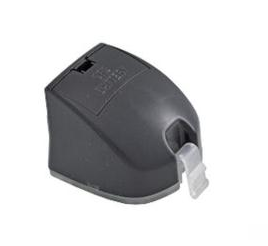Motorcycle Crime Is Still A Problem But It Needn't Be If You Take A Few Sensible Precautions
Though the number of motorcycles being stolen has recently fallen, riders must still be careful to take appropriate steps to keep their transport secure.
In recent times, the Motorcycle Retailers Association (MRA) has compiled a basic checklist for both would-be and current riders. Even those who consider themselves up-to-speed on the topic will benefit from these reminders: all machines are at risk, so don't imagine it won't happen to you. As any rider knows only too well, bikes and scooters are notoriously easy to spirit away into the back of a van or something similar. Investing in mechanical and electronic devices and marking your bike will obviously lessen the chances of your pride and joy being stolen.
An insurance-approved combined alarm/immobiliser is an excellent deterrent. Ensure you have it professionally fitted: a DIY fit may invalidate your insurance. Some systems may provide extras such as roadside assistance. Look for SRA (France) or Sold Secure (UK) testing compliance.
Marking/Identification systems may deter thieves and could help you get your machine back if stolen. If doing this yourself, mark parts with the Vehicle Identification number (VIN), Vehicle Registration number (VRN), postcode or other unique database-associated number.
At home, ground anchors are recommended as are stronger garage locks. Some alarm systems may cover garage entry points. When out and about, use custom-built motorbike/scooter parking spaces where available. Cover your machine if possible. Avoid leaving bike paraphernalia on or around the bike.
When buying a new bike:
- Check your bike's security extras, and their compatibility with your insurance cover: you may qualify for a discount on your premium.
- Check what insurance-approved aftermarket security your dealer can offer.
- Registration documents may fall into the wrong hands if a machine becomes an insurance write-off. If this happens to you, ask your insurer to pass the document to the DVLA. This will help to eradicate criminal misuse.
When buying second-hand:
- Check that the numbers on the registration document tally with the frame and engine numbers (always ask to see the original document and check for alterations).
- Does the seller's name appear on the document, and if not, why not?
- Can the seller prove their identity and address?
- Are they keen to meet away from the registered address? If so, why?
- If electronic security is fitted, does the owner have the correct Certificate of Installation etc?
- A brief call to HPI, the AA or the RAC database should reveal the machine's history.
- Beware of so-called 'bargains' - many stolen machines are resold to an unsuspecting public.
If you've further queries, then it's worth contacting your local crime prevention officer or any of the various motorcycle support groups such as the Motorcycle Action group or the British Motorcyclists' Federation for information on local groups: all these are working towards combating bike crime. The MRA itself represents its dealers' interests on the Motorcycle Theft Action Group (TAG), along with rider groups, the Police, insurers, the government and others.
Motorcycling - whether for business or pleasure - should be a safe, enjoyable and stress-free experience. Unfortunately, many riders are often lackadaisical about security arrangements which can attract crime. The MRA's motto on this issue would be a resounding: "Watch your Wheels". It only takes a minute to run through a security checklist. These recommendations could save the average biker a great deal of time, trauma, cost and inconvenience.


